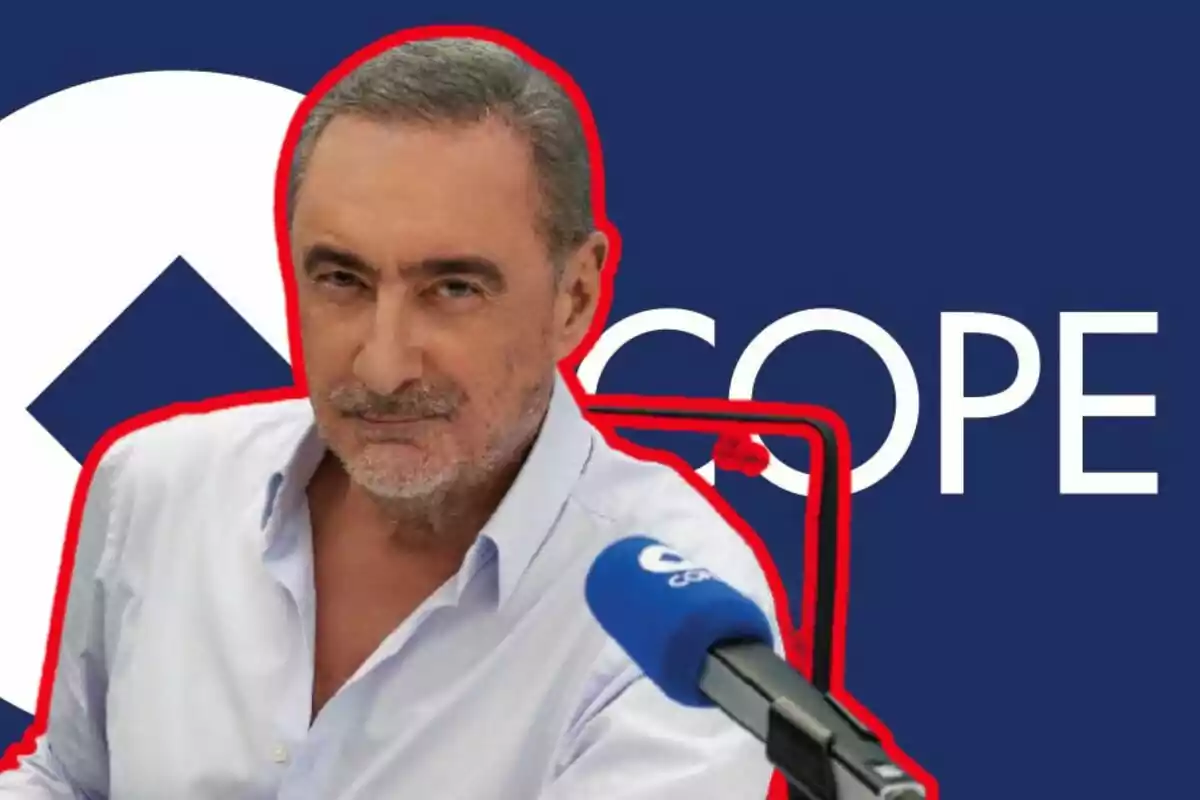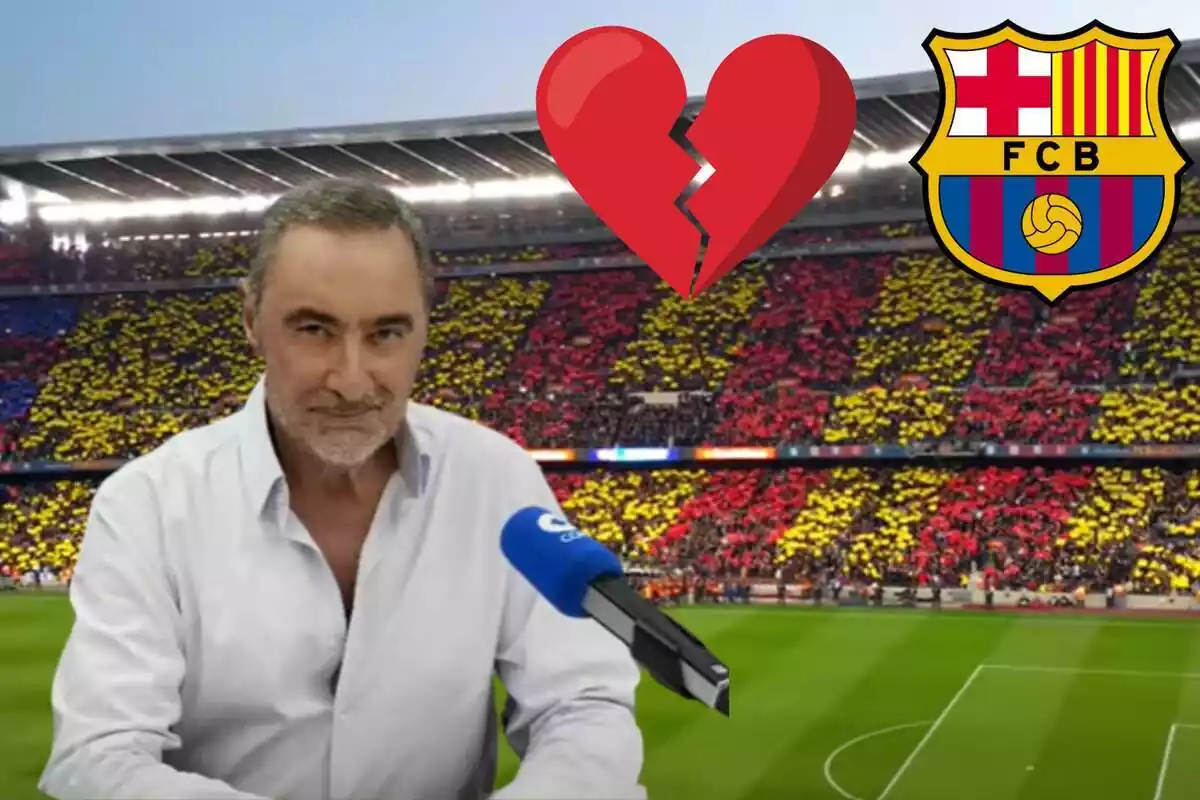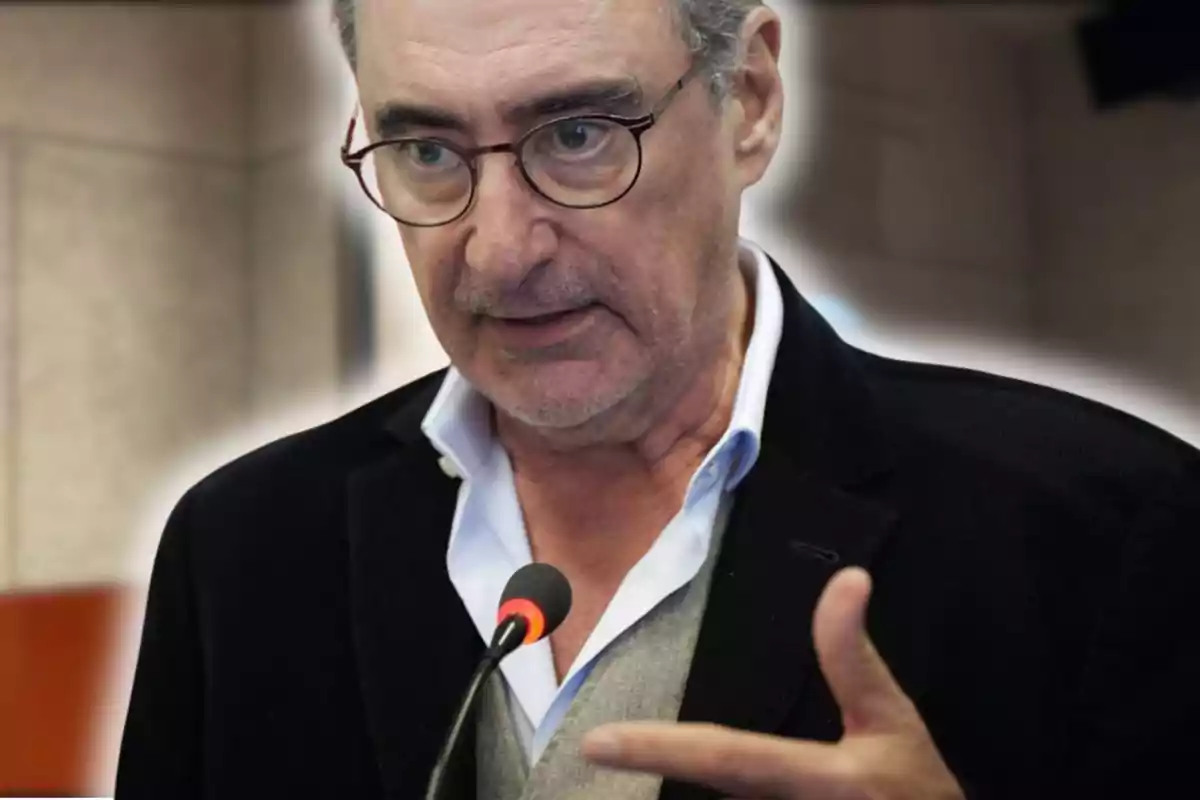In a moderately inflationary environment, with GDP growing slowly and a slight increase in interest rates by the ECB, tax inspections of media figures have intensified in Spain. The State, increasingly focused on combating tax avoidance, has set its sights on professionals who might be channeling their income through companies to minimize their tax bill. This new court ruling opens a debate about the corporate structures used by major broadcasters and how they fit within the current tax system.
How much was taxed and why the tax agency acted
The National Court has upheld the claim of €2,115,670.29 made by the tax agency regarding the personal income tax for the years 2006 and 2007 of broadcaster Carlos Herrera. Essentially, the COPE presenter received the income through a central company — known as La Rehos, 94% owned by Herrera — and three other related companies that channeled complementary secretarial and production services.
The combination of several companies allowed more than €3 million (over $3.2 million) to be invoiced each year, according to the tax inspection, while Herrera was paid €394,000 ($426,000) in 2006 and €402,000 ($435,000) in 2007 as "employment income." The tax agency and the courts determined that the real value of his professional activity was much higher, justifying the required tax adjustment.

The national court and the supreme court state: companies without real value
A key aspect of the ruling is that the companies did not have sufficient personnel or material resources to provide the invoiced services. The court highlights that the relationship with Onda Cero could not exist without Herrera's "direct and highly personal" involvement, which shows that La Rehos simply acted as a payment intermediary.
The Supreme Court had already stated in June 2023 that this corporate structure was a tax "simulation": a shell company aimed at reducing personal tax burden, without real economic activity.
Economic and reputational repercussions for Herrera and the media sector
Although Herrera keeps that he paid more than €2 million ($2.2 million) in 2012 and that he did not receive parallel sanctions, the ruling worsens the reputational consequences. It increases scrutiny over how high-profile professionals manage their income and serves as a warning for those who plan their taxes through companies.

In an economic context where tax control is stricter, this ruling goes beyond the individual case: it strengthens the case law against "corporate structures" used to evade personal income tax. It also affects how broadcasters can organize their activities, especially when they work simultaneously for different media outlets.
Judicial process
The decision, although final in the National Court, doesn't exhaust the judicial process. Herrera has already expressed his intention to appeal to the Supreme Court, which will ultimately decide whether these types of structures can be considered valid in the corporate and tax fields.
The legal debate will focus on determining whether there are companies with real activity distinguishable from their owner. This case adds to other recent ones, such as lawsuits involving artists and athletes, which have led Spanish case law to toughen the criteria against tax avoidance through shell companies.

The ruling against Carlos Herrera not only involves a substantial financial burden. It marks a milestone for the tax control of public figures in Spain and highlights the growing demand to prove the economic reality of companies used for income management. The battle in the Supreme Court will therefore be a key showdown that could set precedents on the use of corporate structures as a tax shield.

